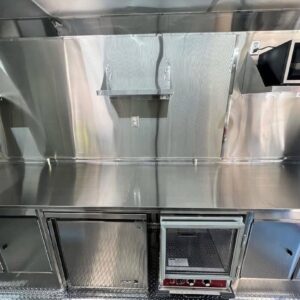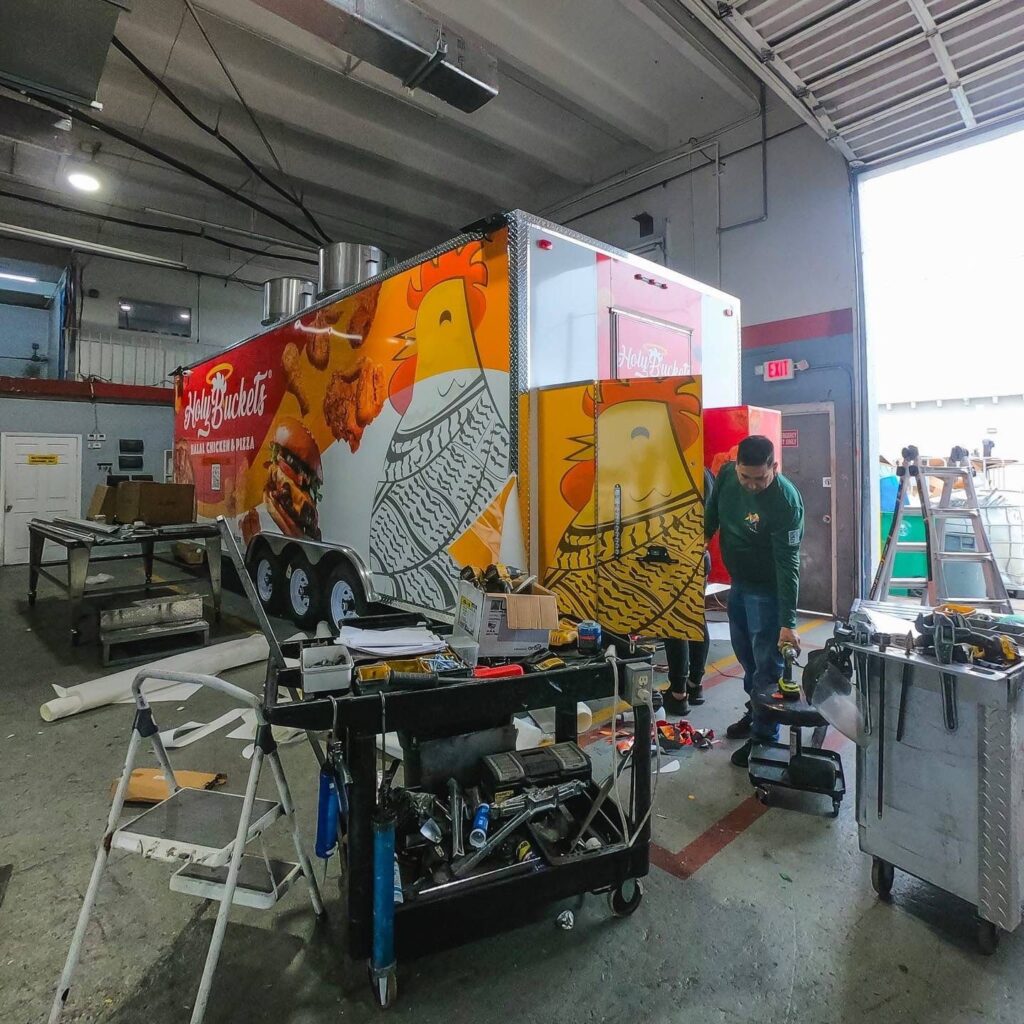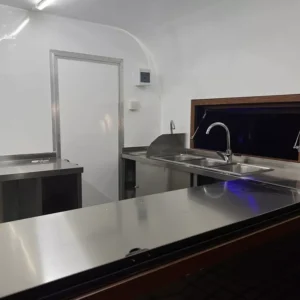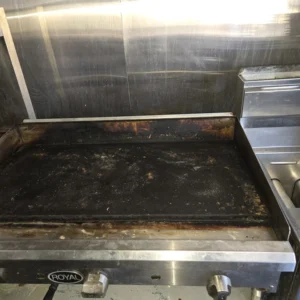You must then choose the legal form of your business.
There are 3 possible choices : company, sole proprietorship (EI), micro-enterprise.
Choosing to create a company is appropriate if you wish to become a partner (SAS, SARL). But not only that, because you can also create a company of which you will be the sole partner (SASU and EURL).
Banks may be more willing to support you if you choose company status rather than sole proprietorship (EI).
The disadvantage may be the increased complexity of administrative and accounting procedures. However, in the medium term, this difficulty can be overcome, for example, by using the services of an accountant or by gaining greater experience in managing your business.
The company is a suitable form if your business grows .
- Sole proprietorship (EI) :
You operate your business under your own name and make all decisions regarding your company alone. With this status, it is not possible to have a partner.
The steps to create a sole proprietorship (EI ) are simple, quick and inexpensive. In fact, you don’t have to draw up any articles of association or deposit any share capital.
Accounting obligations are limited: only the journal, the general ledger and the inventory book must be kept up to date.
In the event of professional debts, you benefit from protection on your primary residence . However, you may encounter situations (investors, banks, etc.) that require guarantees on your personal assets . You can consult our fact sheet on the seizure of the personal assets of the sole trader .
A micro-enterprise is synonymous with a self-employed business. It is an individual enterprise (EI) benefiting from a simplified tax and social security system .
This scheme is aimed at individual entrepreneurs who have a turnover of less than €188,700 . If your business starts to grow and your annual turnover exceeds this amount, you automatically move to the status of EI .
This status is characterized by the simplicity of administrative procedures . The cost of creation is low. Accounting formalities are limited. For example, you are not required to provide tax returns or publish your annual accounts.
Furthermore, this status allows you to invoice your products without VAT ( VAT exemption ), therefore allowing you to charge lower prices. The downside of this aspect is the impossibility of deducting VAT on your professional purchases , for example on the purchase of equipment.
This status is suitable for beginner entrepreneurs whose activity does not generate a lot of turnover.
Please note
Urssaf offers a simulator to help you choose the legal status of your business using a personalized financial projection of social and tax costs.






































































